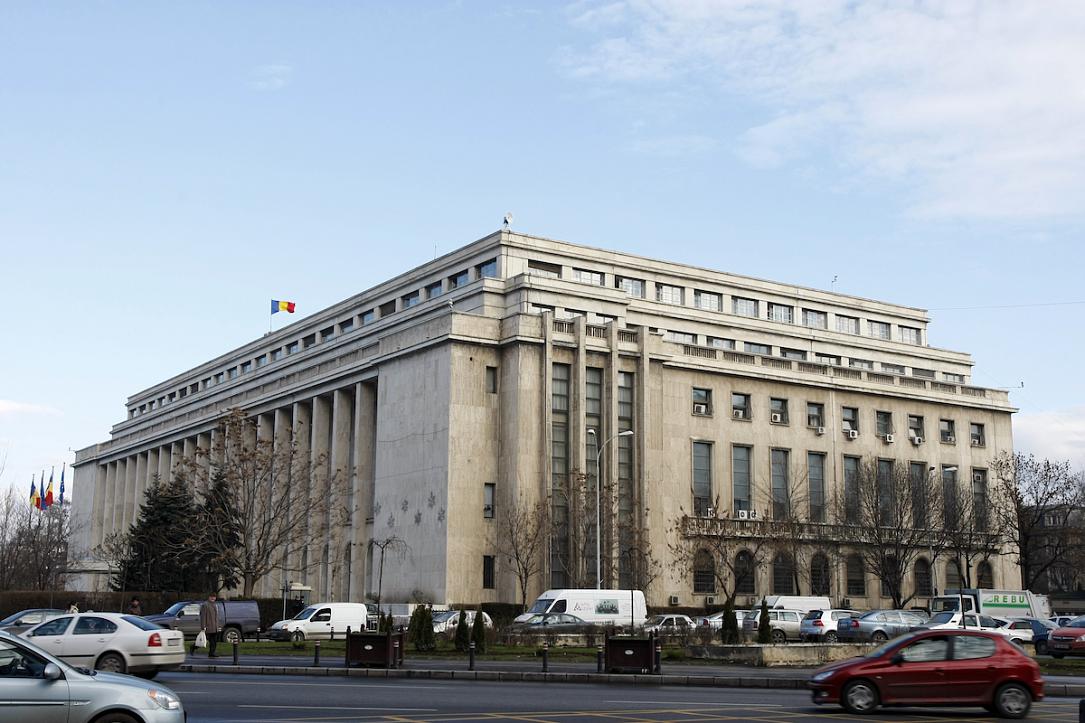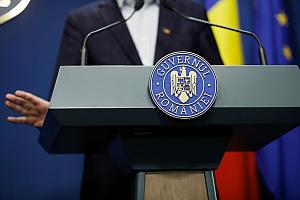Another round of negotiations fails to bring clarity on Romania's future PM

After another day of negotiations on June 16, the four pro-Western parties seeking a ruling majority failed to provide more clarity on the name of the future prime minister or specific elements of the fiscal consolidation plan.
After various political scenarios have been explored already without gaining consensus support and the expert committee has reportedly discussed fiscal consolidation measures, the most basic elements of a political or fiscal strategy remain unclear.
The Social Democrat Party (PSD), strengthened in its position in Parliament by lawmakers leaving the isolationist parties, pushes for a rotational prime ministerial position while advocating for questionable fiscal measures, such as the "solidarity tax."
No agreement is visible in the fiscal consolidation scenario, as presidential advisor Dragos Anastasiu speaks of a RON 30 billion gap to be addressed this year (and RON 60 billion in 2026), while UDMR leader Kelemen Hunor mentioned a RON 40 billion gap this year.
Both say RON 10 billion will be cut from the public investment budget and RON 10 billion from the functioning expenditures of central and local administration (starting with the unnecessary bonuses). But while Anastasiu speaks of boosting revenues by RON 10 billion, Kelemen Hunor argues for a much larger (RON 20 billion) consolidation of revenues, citing specific recommendations from the European Commission on this.
Kelemen Hunor, whose party UDMR manages the Ministry of Finance in the caretaker Government, provided some details of a possible fiscal consolidation plan on the revenues side. Specifically, the dividend tax rate would be lifted to 16% in line with the corporate profit tax rate. Standard VAT would be boosted by two percentage points to 21% while the preferential 9% VAT rate would be increased as well (to 13% or 14%), and the preferential VAT rate would be kept in place for only food and medicines. The healthcare insurance contribution should be charged over a broader base of revenues, the UDMR leader argued.
On the expenditure side, the "privileges" enjoyed by public servants, such as bonuses for special working conditions, should be eliminated. Even the so-called "special pensions" can be reduced, and the retirement age for magistrates can be increased by law (as opposed to government ordinance), he commented on an optimistic note.
The European Union's Economic and Financial Affairs Council on June 20 will draft recommendations for Romania under the European Semester 2025. The European Commission concluded on June 4 that Romania had failed to comply with the national medium-term fiscal-structural plan agreed upon by both sides on November 21, 2024, and initiated the process that may lead to disciplinary measures, such as the suspension of funds under the Cohesion and Resilience Facility, on July 8.
The EC thus recommended on June 4 that the Economic and Financial Affairs (ECOFIN) Council endorse the conclusion that Romania has not taken effective action at its June 20 meeting. The process envisages further recommendations made by the EC by the end of June, to be endorsed by the ECOFIN at its next meeting on July 8.
(Photo: Viorel Dudau/ Dreamstime)
iulian@romania-insider.com













